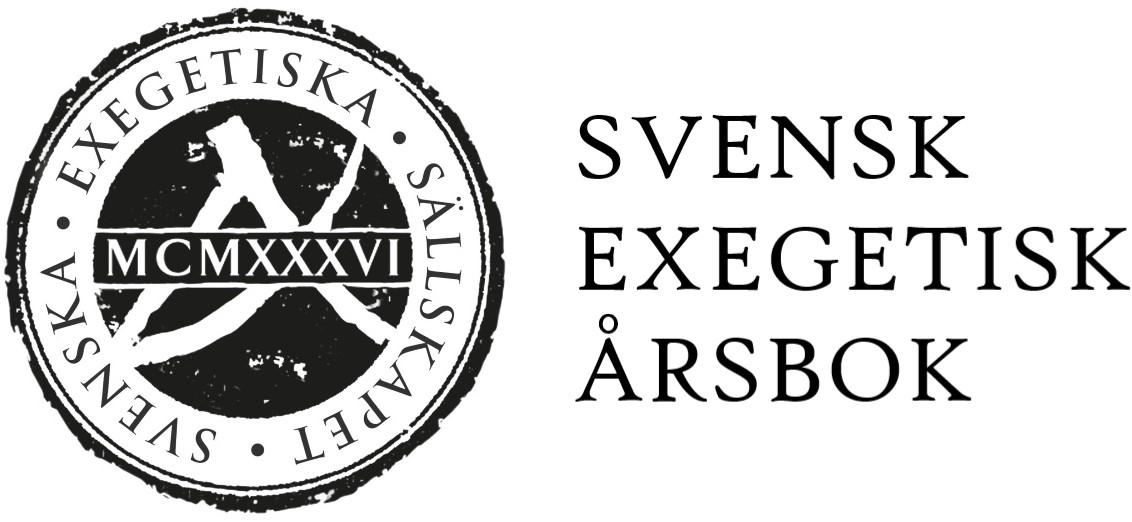Bortom vägs ände, eller klarsyntheten som förblindade
En analys av en så kallad akosmisk etik i Sanningens evangelium från Nag Hammadi
DOI:
https://doi.org/10.58546/se.v77i1.15541Abstract
In earlier scholarship Gnostic myths were supposed to result in libertinism or ascetism. As the Nag Hammadi scriptures were examined it became clear that they rather displayed an ascetic tendency. But as ascetism was a widespread phe- nomenon in late antiquity, and as Gnostics did not display hostility towards the surrounding society, the relation between Gnostic myth and ethics has become blurred or non-existing in recent scholarship. In this article the importance of Gnostic myth for the understanding of ethical discourse in the Gospel of Truth from Nag Hammadi is argued for. A new interpretation of the myth in GospTruth is put forward together with a new interpretation of the ethical discourse in the text. Moreover, the categorization of the myth in GospTruth as anticosmic is challenged and replaced with the category acosmic.
Downloads
Published
How to Cite
Issue
Section
License
Copyright (c) 2012 Jörgen Magnusson

This work is licensed under a Creative Commons Attribution-NonCommercial-NoDerivatives 4.0 International License.






